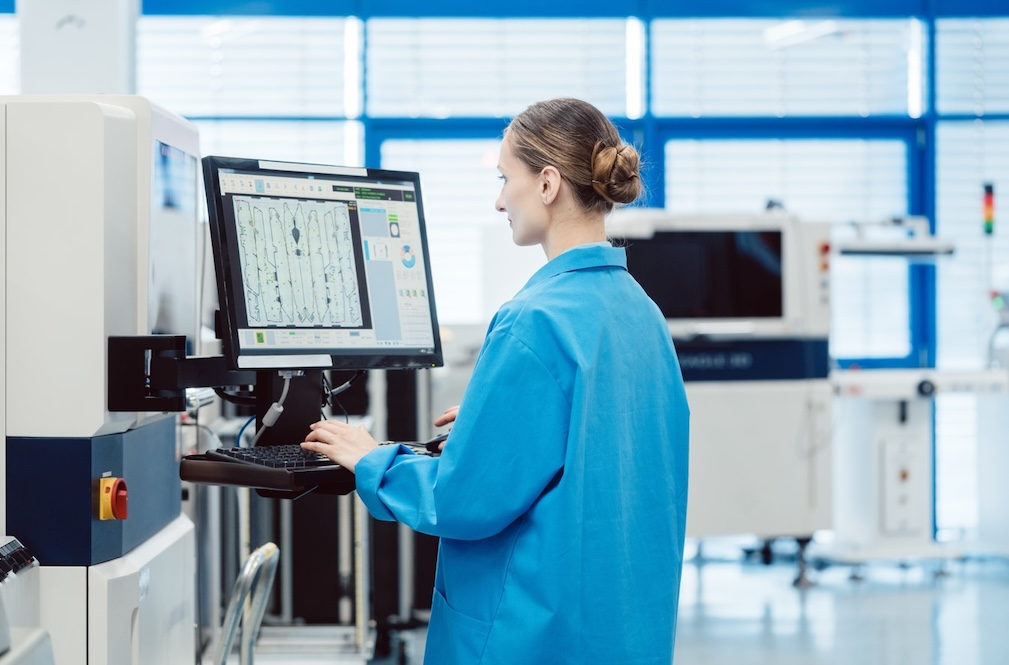Electronics are increasingly integrated into the systems of modern cars, which further increases the need to test components. An effective parts tester helps to identify potential faults at earlier stages, minimising the risk of failure during final production. Through the testing process, the automotive industry can continuously evolve, laying new foundations for the future of transport. What do you need to know about component manufacturing and how does ProDSP help? Our article summarises the most important things to know.
Automotive testing in action
Testing plays a crucial role in the component manufacturing process, ensuring the quality and reliability of the products. Its aim is not only to develop the right designs and detect defective products, but also to optimise the manufacturing process. By focusing on strict adherence to specifications and functional test implementation, companies can ensure that the final product meets the highest industry standards and performs its intended function.
Testing yields benefits in multiple dimensions. First and foremost, it increases the reliability and lifetime of products. This increases consumer satisfaction and reduces warranty costs and the number of possible recalls. In addition, well-designed test systems help to integrate new technologies more quickly into production processes.
Types of test systems and their applications
In component production, different test systems are used for multiple purposes. The two main categories are product validation testers and product line testers.
Product validation testers are key to improving the efficiency of the design and manufacturing process. Design Validation (DV) tests check that product designs are viable over the long term under different working conditions, while Product Validation (PV) tests check that the final product meets the expected customer quality expectations. These tests ensure that the product performs to the level required by the specifications.
There are several different forms of production line testers. Functional Verification Testers (FVT) are systems that ensure that the printed circuit boards produced are working correctly. Such tests allow errors to be detected and corrected immediately during the manufacturing process. End-of-line (EOL) tests are used in the final stage of the manufacturing process. During these tests, the functionality and performance of the finished equipment are checked. These systems ensure that the final product meets all original specifications and market requirements.
Innovations and challenges
The continuous evolution of the automotive industry requires the introduction of new technologies in component manufacturing. The integration of modern technologies increases the efficiency of production and creates new opportunities to optimise testing processes.
Compliance with industry standards and norms is essential to ensure that the testing processes meet the latest safety and quality requirements. These regulations guarantee that the products produced during component manufacturing are both efficient and reliable, promising the long-term performance and safety of vehicles.
The role of ProDSP and its solutions
ProDSP’s accumulated knowledge and market experience enables us to offer tailor-made testing solutions. These systems help automotive manufacturers meet the highest quality standards and ensure the reliability of the components they produce.
Faced with the complexity of automotive production lines, ProDSP designs its systems to integrate seamlessly into existing processes. Our solutions improve product quality and increase manufacturing efficiency. The test equipment we develop enables accurate measurements.
We are also innovative by integrating the latest technologies into our systems. Our unique hardware and software development approach covers all dimensions of the testing process. ProDSP is committed to providing the highest quality of service to our customers. Learn more about our products and services!




